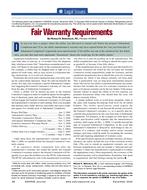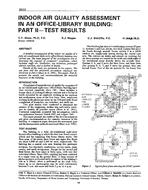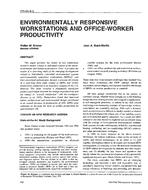The whitepaper, 2011 Thermal Guidelines for Liquid Cooled Data Processing Environments, prepared by Technical Committee (TC) 9.9 Mission Critical Facilities, Technology Spaces, and Electronic Equipment, proposed five (5) classes of water cooled IT equipment, based on entering cooling water temperatures. Currently most water cooled options available are within the described W1 and W2 classes. Classes W3 and W4 operate at higher temperatures and would significantly reduce the need for mechanical cooling. W4 eliminates the need for a chiller to remove heat, instead relying on heat rejection directly through a cooling tower. W5 is intended to also reduce mechanical cooling and provides the opportunity for heat recovery to heat buildings. In many climates W5 will likely operate at a high enough temperature that dry coolers can reject the heat, saving water. What is the impact of these various classes on the energy consumption of a data center? This study will compare the energy savings of the different class servers in the same data center. The basis of comparison will be a data center populated with class W1 equipment and this energy use will be compared to the energy used when populated with classes W2, W3 W4 and W5. The PUE will be determined for each class. The PUE will provide a scalable parameter to estimate savings in data centers of different sizes.
Citation: ASHRAE Conference Papers, Dallas, TX.
Product Details
- Published:
- 2013
- Number of Pages:
- 8
- File Size:
- 1 file , 1 MB
- Product Code(s):
- D-DA-13-C021


